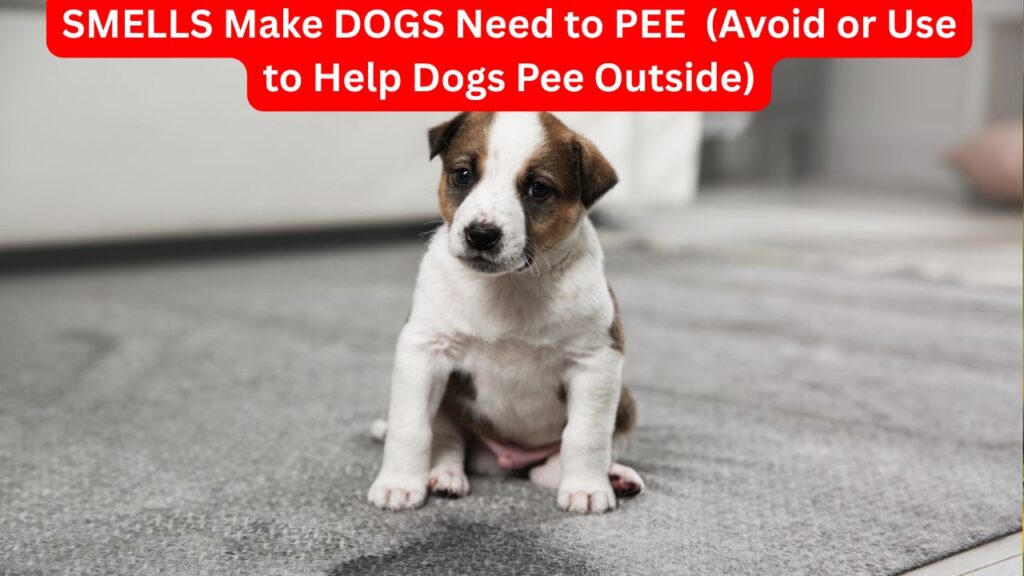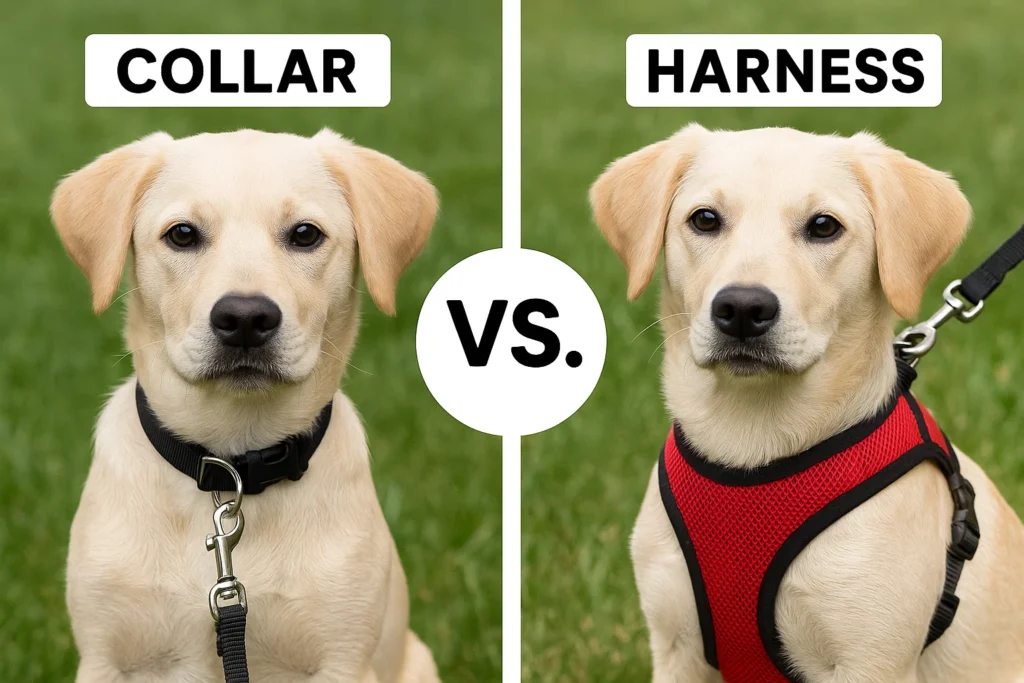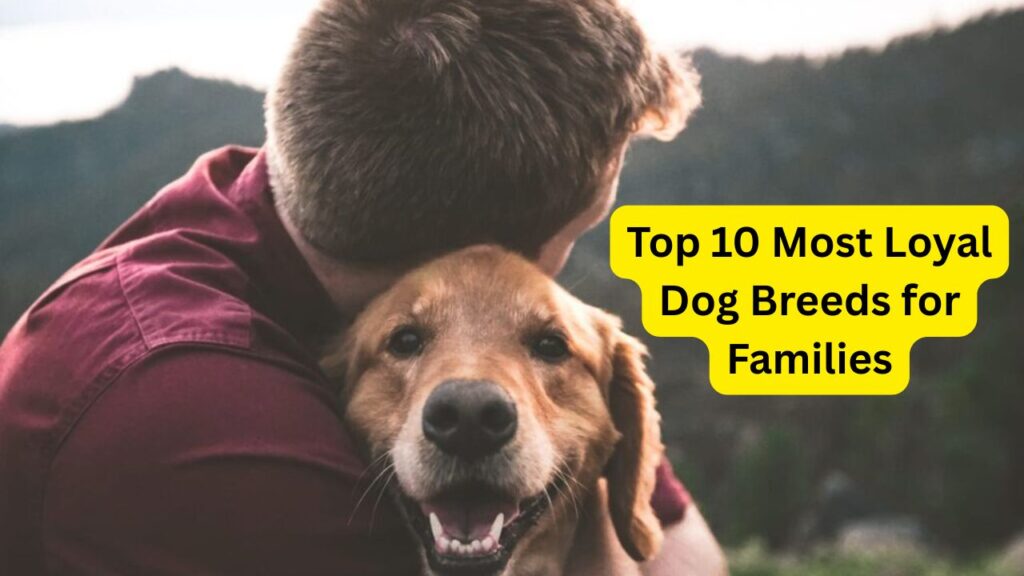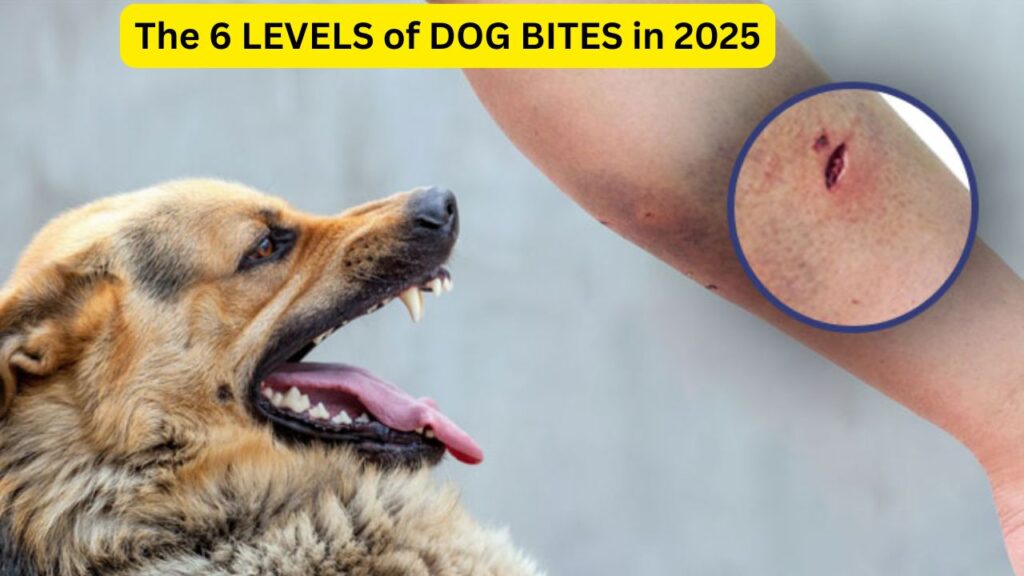You may have noticed your dog likes to pee in specific places. Every time they go for a walk, they carefully choose the perfect spot to relieve themselves. The motivation behind their decision is based on their sense of smell. Dogs do not pee to relieve themselves alone, they also do it to communicate with others in their environment. Due to unique phons in their urine, they leave messages for other dogs to discover.

Sniffing a spot before peeing is not a whim, but an instinctual habit. This helps them to feel more secure. When they sniff certain smells, the specific scent can encourage them to pee. We share these smells.
The 10 Most BEAUTIFUL DOGS in the World
The Urine of Other Dogs
If you’ve ever been to a park, you’ve probably seen dogs sniffing and urinating right on top of each other’s pee. This is a form of conversation. By doing so they gain information about the other dog, such as their sex, age, and even their health status. Some dogs love analyzing urine so much, they might even lick it to get more data.
It may sound disgusting to us, but for them it’s completely normal. It is unlikely to cause harm. If you want to teach a puppy to pee in a specific spot, try placing a few drops of their urine on a puppy pad. This can help them in toilet training.
The Smell of Other Animals
It’s not just the urine of other dogs that catches their attention. If cats, rabbits, or other animals have been passing by, your dog will notice. It’s common to see dogs entering a new space by sniffing everywhere, and then expelling a couple of drops of pee to leave their mark. This territorial marking is usually more common in unuttered males. It’s basically their way of saying, I was here.
Earth and Wet Grass
You may have also noticed your dog prefers to pee on grass rather than concrete. Dirt and grass retain odors much better than harder materials. Along find other dogs more time to read their communication. If the ground is wet, the smell also intensifies. The reason dogs often sniff the ground more after it rains.
If you reward your dog when they pee on grass from a young age, they are more likely to choose that type of surface in the future. It’s a good way to encourage good habits early.
Ammonia and Ura
You may be surprised to learn that some cleaning products can actually make your dog urinate more in the heist instead of stopping it. Ammonia and Ura are present in dog urine, so similar scense can encourage them to mark the area again and again. A common mistake is to clean urine with bleach or ammonia based products.
In these cases, the solution is simple. Use enzymatic cleaners or vinegar diluted in water to eliminate the smell without encouraging them to return to that spot. Just as there are smells that attract dogs to pee, there are also others that repel them. You’ll find them all in the article that we share on the card above.
How to Stimulate a Dog to Pee Where You Want Them
You can use these smells that encourage dogs to pee to help train both puppies and adult dogs. If you want to help them learn where to pee, you can create a natural attractant. All you need is a little water, a few drops of their own urine, or a little damp soil.
A diffuser mix everything in the spray bottle, and spray where you want them to urinate. This will reinforce their natural instinct. The key is to reward them every time they do it right. Likewise, this home remedy should not be used to replace walks, but only get times when a dog cannot go outside for whatever reason.
Overview Table
| Trigger/Smell | Dog Behavior | Notes |
|---|---|---|
| Urine of other dogs | Sniffing, urinating on top, sometimes licking | Collects info about sex, age, and health |
| Smell of other animals | Sniffing, marking with drops of pee | Common in unuttered males |
| Earth and wet grass | Preference to pee there | Retains odor, smell stronger after rain |
| Ammonia and Ura | Encourages repeated urination | Found in some cleaners, use enzymatic alternatives |
| Natural attractants | Helps training in desired spots | Water, urine drops, or damp soil used in spray mix |
FAQs
1. Why do dogs sniff before peeing?
Dogs sniff before peeing because of instinct. It helps them feel secure, and scents encourage them to pee.
2. Why do dogs pee on other dogs’ urine?
They do it to collect information. This includes sex, age, and even health status of the other dog.
3. Can dogs get sick from sniffing or licking urine?
It may sound disgusting, but it’s normal. It is unlikely to cause harm to them.
4. Why do dogs prefer grass to concrete?
Grass and dirt hold odor better. Wet ground intensifies smell, making it easier to read communication.
5. Can cleaning products cause more urination indoors?
Yes, cleaners with ammonia or Ura can. Dogs may mistake the scent and mark again.
6. How can I stop my dog from peeing indoors?
Avoid ammonia based products. Use enzymatic cleaners or diluted vinegar instead.
7. How can I encourage my dog to pee in one spot?
Spray natural attractants. Reward them every time they get it right.
8. Can this replace outdoor walks?
No, it cannot. Dogs need exercise, socialization, and relief outdoors.
9. Do unuttered males mark more often?
Yes, unuttered males mark spaces more. It is their way of saying they were there.
10. What simple method helps puppy training?
Place drops of their own urine on a pad. It helps guide them to the right spot.







